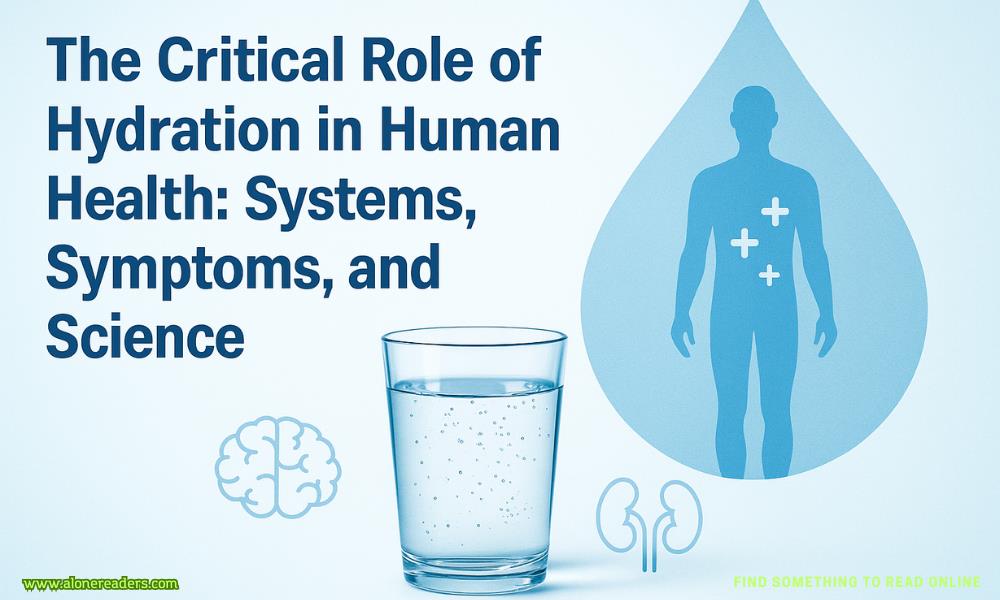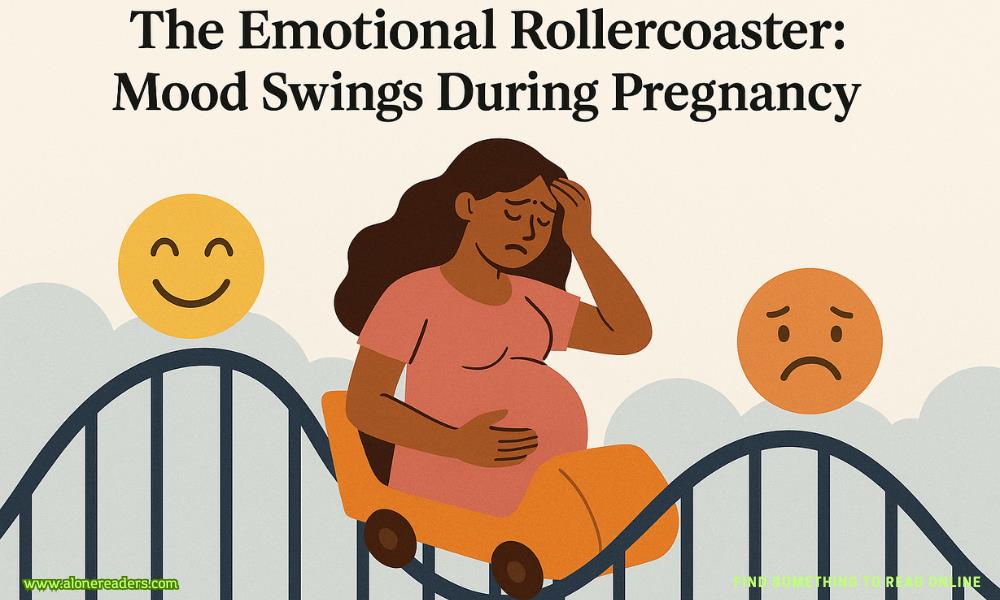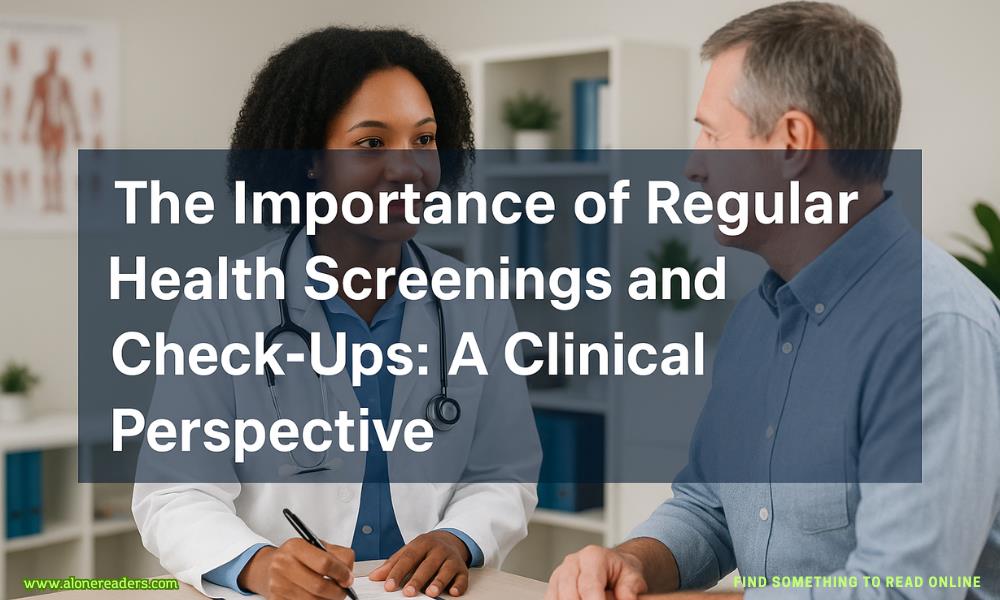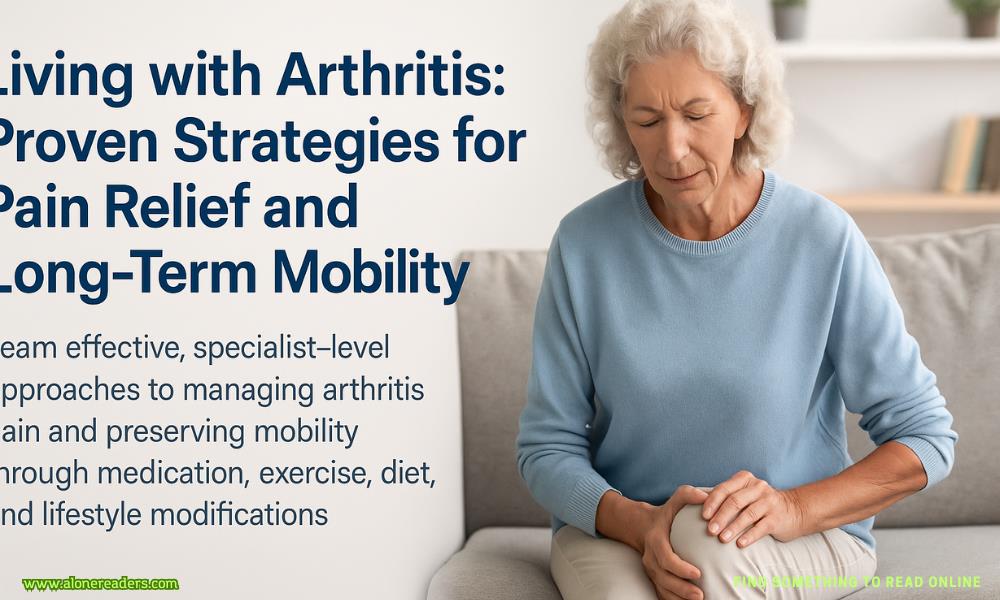Page 59 of The Equation of Us
This is Dean in his element, and it’s fascinating to see.
“Hey,” I say finally when it starts to feel awkward just standing there.
He looks up, his serious expression immediately softening when he sees me. “Hey,” he says, setting down his tools.
I move further into the lab, curiosity drawing me toward the workbench. “What are you working on?”
“The ankle joint for my Archer submission.” He gestures to the partial prosthetic leg in front of him. “I’m trying to increase the range of motion without sacrificing stability.”
I lean closer, genuinely interested. The mechanics are complex—a series of interconnected parts that mimic the natural movement of an ankle, but with additional features I don’t understand.
“It’s designed for athletes,” Dean explains, noticing my focus. “Especially those who need lateral mobility—basketball players, soccer, hockey.”
“Hockey,” I repeat softly, remembering his mention of his friend who lost his leg.
He nods, something shifting in his expression. “Want to see the whole lab? This is just my station, but there’s more to the project.”
“I’d like that.”
He leads me through the lab, explaining various components of the research, the different team members’ contributions, and the progress they’ve made over the past year. His voice changes when he talks about the work—more animated, less guarded, filled with a passion that’s beautiful to witness.
“This is the testing area,” he says, bringing me to a space with treadmills, balance platforms, and motion capture equipment. “We bring in amputees to try the prototypes, record the biomechanics, and make adjustments based on their feedback.”
“Do you have many volunteers?” I ask.
“A dozen or so, mostly through the VA hospital partnership.” He pauses, then adds, “It’s hard to watch sometimes. The frustration when something doesn’t work right, the disappointment. But when we get it right—when you see someone move in a way they haven’t been able to since their injury—it’s worth it.”
There’s something raw in his voice, something personal that goes beyond academic interest or career ambition.
“Your friend,” I say carefully. “Jesse. Would he have benefited from something like this?”
Dean is quiet for a long moment, his gaze fixed on the prosthetic ankle still sitting on his workbench. “Yeah,” he says finally. “He would have.”
He walks back to his station, and I follow, sensing he wants to show me something else. From a drawer beneath the workbench, he pulls out a notebook—not a scientific journal, but something more personal, the cover worn from handling.
“Jesse and I played hockey together since we were kids,” he says, opening the notebook to reveal photographs, newspaper clippings, and handwritten notes. “He was better than me. Could have gone pro if he wanted to.”
I sit beside him as he turns the pages, showing me his childhood—two boys on ice, grinning with missing teeth; teenagers at tournaments, lanky and serious; young men in their high school team uniforms, arms slung around each other’s shoulders.
“What happened?” I ask, though I think I already know parts of the story.
“Car accident senior year. Black ice, rural road, no guardrail.” His voice is controlled, but I can hear the effort it takes. “He was driving too fast. Went off the road, and his car rolled. His right leg was crushed in the impact They had to use the jaws of life to extract him. He was lucky he survived.”
I look at the photos, at the boy with the wide smile and confident stance. In the team photo, the number 97 is clearly visible on his jersey.
“That’s when I decided on biomedical engineering,” Dean continues. “I was already accepted for pre-med, but after the accident, after seeing how the prosthetics available to him limited his life… I changed my focus.”
“He must have appreciated having you there through his recovery,” I say softly.
Dean’s jaw tightens. “I wasn’t there enough. I was away at college when things got really bad for him. He’d call sometimes, drunk, angry about all the things he couldn’t do anymore. I’d try to help, but…” He trails off, staring at a photo of Jesse balanced on crutches, his expression defiant despite the empty space where his right leg should be.
I hate this for Dean.
Hate the pain I see in his eyes.
“What happened then?” I ask, though part of me doesn’t want to know.
“Two years after the accident.” Dean closes the notebook gently. “He took his own life. He just couldn’t do it anymore.”















